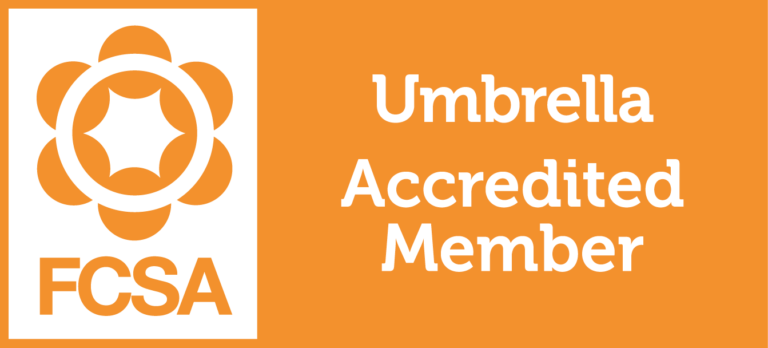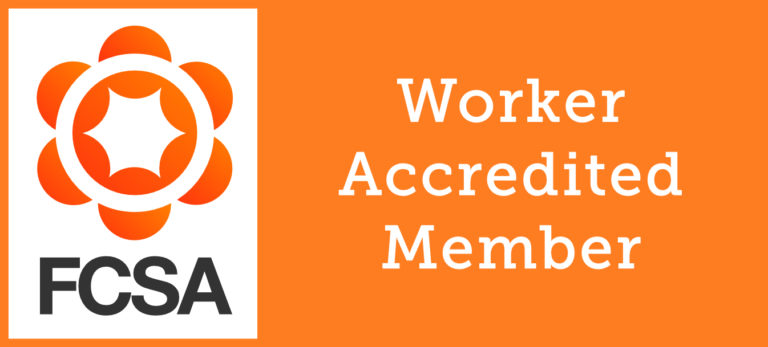Whilst educators have long suffered high workloads and multiple stressors, the Covid-19 pandemic has seen increased responsibilities, greater demand to support children with SEND and disadvantaged backgrounds, additional catch-up tutoring requirements and more time devoted to behaviour management over learning. The poor mental wellbeing of teaching professionals is reaching crisis point:
- The teacher shortage in the UK is around 40,000, increasing pressure on the existing workforce
- 40% of British school governors report difficulties in finding senior teaching staff
- 1 in 5 of the UK’s teachers plan to quit in the first five years of their education career
- 51% of teachers in America are considering quitting in 2022 despite reporting that they ‘love their jobs’
- 87% of teaching staff have experienced job-related anxiety in the past year and 23% have taken medication to cope with work stress
- 95% of teachers are worried about the impact of high workloads on their wellbeing.
Millions of education specialists globally are experiencing extreme difficulties at work – however, there are a variety of solutions that can make a world of difference. Generate’s payroll and contractor management specialists reveal different ways that you can get support from your colleagues, get support from other organisations and support yourself.
How Teaching Professionals Can Improve Mental Wellbeing
1. Make Space for Yourself and Your Needs
When you’re feeling worried, overwhelmed or simply uncertain, ask yourself the following questions to get a better handle on your state of mind and the potential path to a solution:
- How are you feeling? Simply naming the problem can help you take control of it and start thinking about solutions.
- What single change would improve how you feel right now? Is it possible to act on this, and if not, what actions would get you close?
- Can you then identify the root cause behind your feelings? If you can put this into words, you can formulate an action plan to tackle the problem or communicate your feelings to others who may be able to help.
- What have you done previously that worked well in similar or other challenging situations? What did you learn from this that can help you tackle other challenges going forward?
The best solution to any problem is preventing its occurrence before it exists. Whilst educators are feeling ever greater pressure to plough more time and effort into teaching, intervention and pastoral care, the most important thing – for teachers and students alike – is to carve out regular, dedicated self-care time. Students cannot achieve their best with exhausted and distracted teachers. Prioritising your own mental health is by far the single best strategy to delivering quality teaching and preventing burnout. Weekly check-ins with yourself to keep aware of and engaged with your own mental state, time devoted to meditation, exercise, sleep and socialising, and staying close to the support network around you can drive positive mental wellbeing despite the many obstacles in your way.
2. Get Organised and Plan to Target Your Challenges
Although lesson planning can often require significant energy and time commitments, it needn’t do with the right tools and resources. Templates can revolutionise your teaching, giving you back valuable hours every week and ensuring continuity of teaching quality. Rather than creating every worksheet, slide deck or quiz from scratch, take advantage of the resources that already exist. There are a wide variety of free, editable lesson plans and teaching materials created by teachers for teachers, across subjects and Primary and Secondary year groups. The ability to view thousands of peers’ lesson plans first-hand can generate immediate ideas and techniques that are proven to help students, and utilising these as inspiration for your own lesson plans will save considerable time and stress.
The wealth of excellent resources to support educators can be found across popular online tools such as:
- Twinkl – Worksheets, booklets, PowerPoint presentations, interactive student activities and full resource packs
- Planboard – A digital planbook to improve student engagement and monitor learning progress
- Teacher Planet – Lesson plans categorised by year group and subject alongside supporting materials such as diagrams, syllabus guidelines and software
- Better Lesson – Virtual coaching and workshops combined with instructional resources and tactics from experienced teaching professionals.
Stepping up your organisation and equipment can provide a full overview of the term and the Academic year, enabling teachers to align lesson plans with classroom challenges and learning goals to directly tackle problems. Harnessing these tools and resources takes the pressure off to be creative when you’re out of ideas, enables template creation and duplication to reduce lesson planning time, and empowers educators to deliver the best possible teaching despite personal and professional challenges.
3. Tap into Existing Support Networks – Or Create Your Own
With many schools being chronically understaffed across subjects and year groups, educators can be reluctant to add to the burdens of their colleagues by sharing their own stressors. However, as 8 in 10 teachers report increased stress in 2021, colleagues are overwhelmingly likely to experience similar struggles with wellbeing. Peers can provide the most effective of support networks: they understand the exact issues you face, they can empathise with your feelings more than individuals in other career paths, and they can pass on top tips of their own from previous challenges. ‘A problem shared is a problem halved’ is especially true when it comes to mental wellbeing, where mutual support is one of the most critical factors in reducing guilt or shame about mental health, and being able to move forward to tackle problems.
For those who work in less supportive environments or for short-term supply staff who cannot rely on long-term bonds with colleagues, professional networks outside of school can offer plenty of support. Joining an official teaching network such as TES or the National Education Union brings you into a whole new world where several thousands of peers can communicate and support each other. Counselling & confidential advice services offer impartial help to protect and support you in even the most difficult and urgent situations. Contacting an organisation such as Education Support, the UK charity dedicated to the mental health and wellbeing of school, colleges and University staff, immediately opens up access to experts who specialise in helping educators just like you.
If your preferred type of network doesn’t exist, you can build it yourself. Many existing online communities such as Reddit and Mumsnet have areas for professionals to create their own sub-groups focused on very specific challenges. Teaching staff can find peers on these channels and start new message boards around their common problems, such as behaviour management across different ages or lesson planning for students with ADHD. For those who prefer in-person communication but currently lack close connections, be brave: seek out colleagues who you believe are suffering with their own mental health. Encourage them to discuss their worries and provide your support, to establish a new beneficial working relationship and receive mutual support in time.
Get the Right Support in Your Teaching Career
Generate help thousands of teachers with personal, professional, legal and financial challenges. Find out how we could help you.
Read our Best Lesson Planning Tips for Teachers to reduce stress through support for planning ahead.











